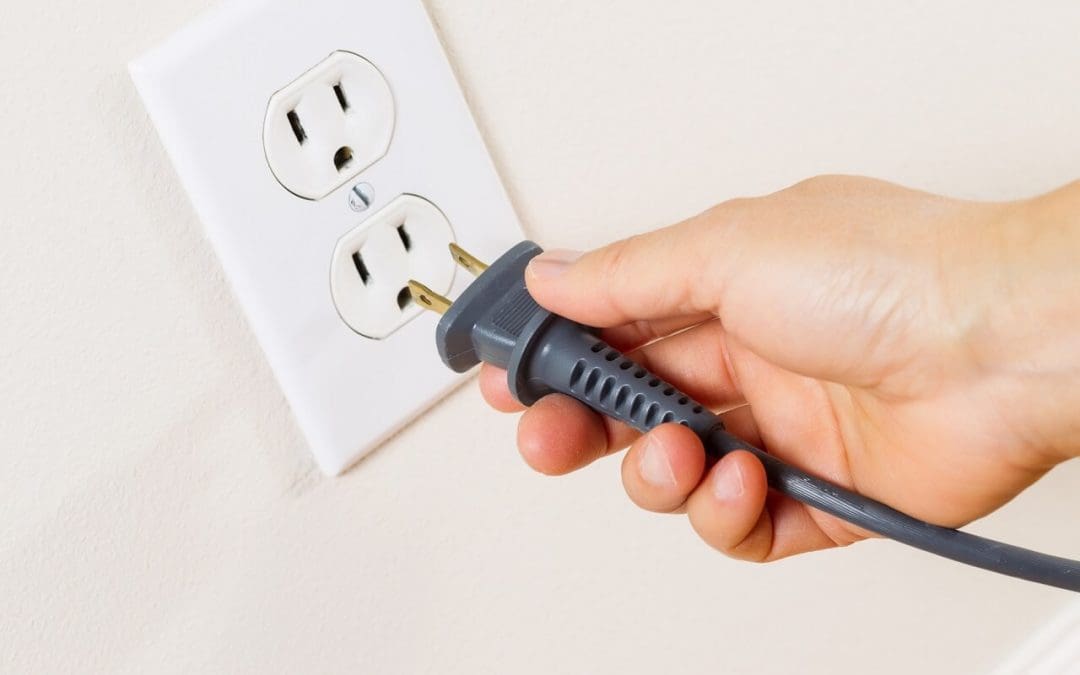Whether you’re working on a DIY renovation or installing new household appliances, electrical safety should be a consideration for every homeowner. Electrical hazards can cause serious injury or death, so it is crucial to understand safety and best practices for working with electricity. Here are a few helpful tips for electrical safety in the home to avoid accidents when making repairs.
Wear Protective Gear
Rubber-soled shoes and gloves are important safety equipment when working with electricity. Rubber soles provide insulation against electric shock, and rubber gloves can protect you from getting shocked or burned. Additionally, always wear eye protection while working on any DIY project.
Use the Right Tools for Electrical Safety in the Home
Use the right tools for the job. Verify the tools you use are rated for the voltage level you are working with. If your project involves wiring or metal components, use insulated tools to protect yourself from electric shock and burns.
Verify the Power is Off Before You Begin
Before starting any electrical work, make sure the power is off. Test to confirm there is no electricity flow by using a non-contact voltage tester. It’s best to turn the power off at the breaker box to power down the entire circuit where you’re making repairs.
Use GFCI Outlets for Electrical Safety in the Home
Ground fault circuit interrupter (GFCI) outlets protect against electric shock. They are designed to shut off automatically if there is an imbalance in the electrical flow. Use GFCI outlets for areas prone to water exposure, such as bathrooms and laundry rooms.
Know the Warning Signs of Electrical Issues
Pay attention to warning signs that indicate an electrical issue. Signs can include flickering lights, sparks, sizzling sounds from outlets, or a burning smell. If you notice any of these indications, turn off the power to the affected area and contact a qualified electrician as soon as possible.
Know Your Limits
Understand your limits when it comes to electrical work. Even if you think a project is small enough to handle on your own, always consult an electrician before attempting wiring or other electrical work. It’s better to spend the money on a professional than risk your home or family’s safety.
Following these basic steps will help keep you safe when working with electricity in the home. If you need assistance or have questions about electrical safety while making repairs or improvements, consult a qualified electrician for advice and guidance. With these tips, you can confidently tackle your next home improvement project without compromising safety.
AAA Professional Home Inspectors provides inspection services to customers in Kentucky and Southern Indiana. Contact us to request an appointment.

